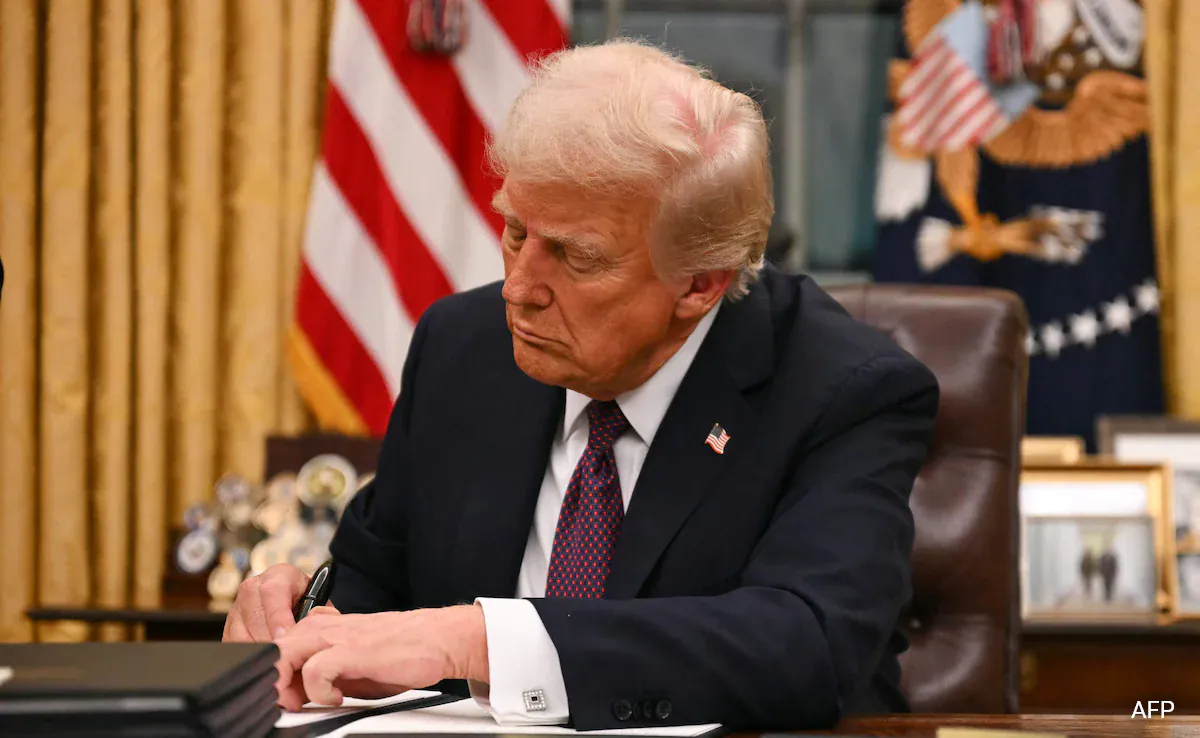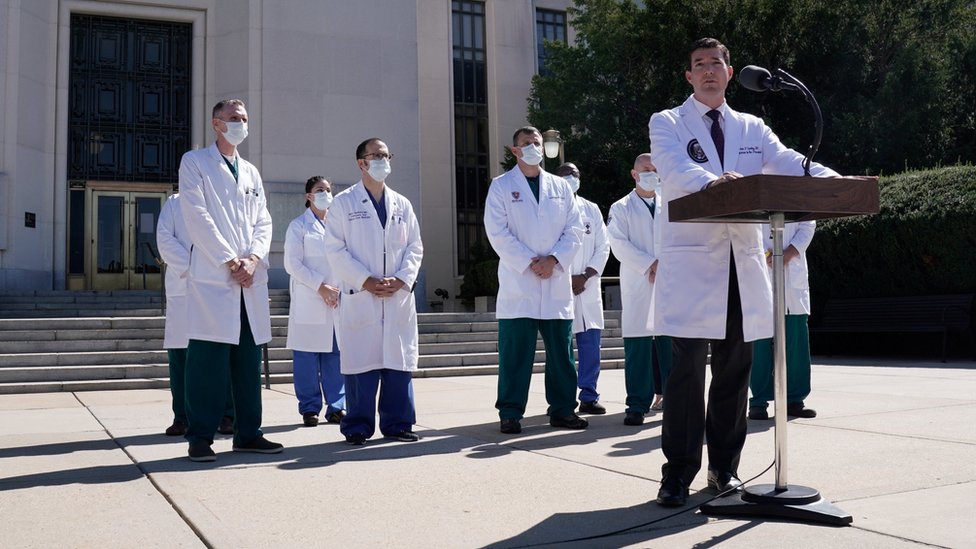“When Donald Trump starts sounding more like ‘Dr. Trump,’ you know the debate over science and politics is about to heat up again.”
It feels like we’ve been here before. During the height of the COVID-19 pandemic, Donald Trump’s off-the-cuff medical remarks—ranging from controversial cures to eyebrow-raising suggestions—often made more headlines than official health guidance. Fast forward to today, and the former president is once again stepping into the role of “Dr. Trump,” sharing health advice that medical experts warn is unproven and potentially misleading.

For supporters, his words carry weight and charisma. For critics and health officials, they spark concern about the dangers of mixing politics with science. No matter which side you’re on, one thing is clear: Trump’s voice still has the power to stir debate and shape public conversation, especially when it comes to health.
So, why does this matter now? Because misinformation—whether intentional or not—doesn’t just live in speeches. It spreads, it sticks, and it influences choices people make about their well-being. And once again, Trump is at the center of that storm.
Trump’s History with COVID Medical Advice
When the world was grappling with fear and uncertainty during the pandemic, Trump COVID medical claims often made just as many headlines as the virus itself. From suggesting that disinfectants might somehow be used inside the body, to pushing hydroxychloroquine as a potential “game-changer,” Trump’s remarks were anything but ordinary.
To his supporters, these statements showed a president willing to think outside the box and challenge conventional wisdom. But to medical experts, they raised red flags—sparking urgent warnings about the risks of untested treatments and the danger of misinformation spreading faster than the virus itself.
The pattern was clear: every time Trump made one of these medical claims, the public response split sharply. Some latched onto his words with hope, while others criticized the damage such remarks could cause. Even years later, Trump COVID medical claims remain a reminder of how powerful—and polarizing—his voice was in shaping public perception during one of history’s most fragile moments.
READ MORE ABOUT: Donald Trump
What He Said This Time
Just when it seemed like the days of shocking soundbites were behind us, Donald Trump has once again stepped into familiar territory—offering health advice that medical experts say is unproven and misleading. This time, his comments echoed the same tone as his pandemic-era remarks, sparking a fresh wave of debate.
In a recent appearance, Trump suggested alternative approaches to health and treatments that haven’t been backed by scientific evidence. While he framed his words as “common sense” solutions, doctors and public health officials were quick to push back, warning that such statements risk confusing the public and undermining trust in real medical guidance.For some of his supporters, these remarks reinforced the idea of Trump as a bold truth-teller willing to challenge the establishment. But for critics, it felt like déjà vu—another round of Trump-style medical advice that raises more questions than answers. And much like before, the ripple effect of his words has stretched far beyond the room in which they were spoken.
The Risks of Unproven Medical Claims
Words matter—especially when they come from someone with a platform as large as Donald Trump’s. During a health crisis, a single statement can travel faster than any virus, shaping how millions of people think and act. That’s where the danger of medical misinformation becomes so clear.
When leaders endorse or even casually suggest unproven treatments, many people take those ideas seriously. Some might experiment with remedies that are ineffective at best and harmful at worst. Others may lose trust in doctors and scientists, turning away from proven medical advice in favor of what they’ve heard in a speech or on social media.

The result isn’t just confusion—it’s risk. Risk of people delaying real treatment. Risk of undermining public health campaigns. And risk of eroding confidence in institutions we depend on during a crisis. That’s why every word about health matters, and why the line between speculation and fact can never afford to be blurred.
Politics vs. Public Health
When it comes to Donald Trump, the lines between leadership, politics, and medicine often blur. His words don’t just land as opinions—they carry weight, shaping how millions of people view science and health guidance. That’s the challenge at the heart of Trump politics and health: when political messaging collides with medical facts, the conversation becomes more complicated than it should be.
During the pandemic, and even now, Trump influence on medical debate has been undeniable. For supporters, his skepticism of experts felt refreshing—a leader questioning authority and pushing back against the establishment. For critics, it represented a dangerous mixing of politics with science, where public health could become a casualty of political theater.
This tension shows why his latest remarks matter. They aren’t just passing comments; they become part of a larger national debate about whom people trust when it comes to their health. And in today’s divided climate, Trump’s influence ensures that every statement sparks not only headlines but also choices—choices that affect how people approach medicine, safety, and truth.